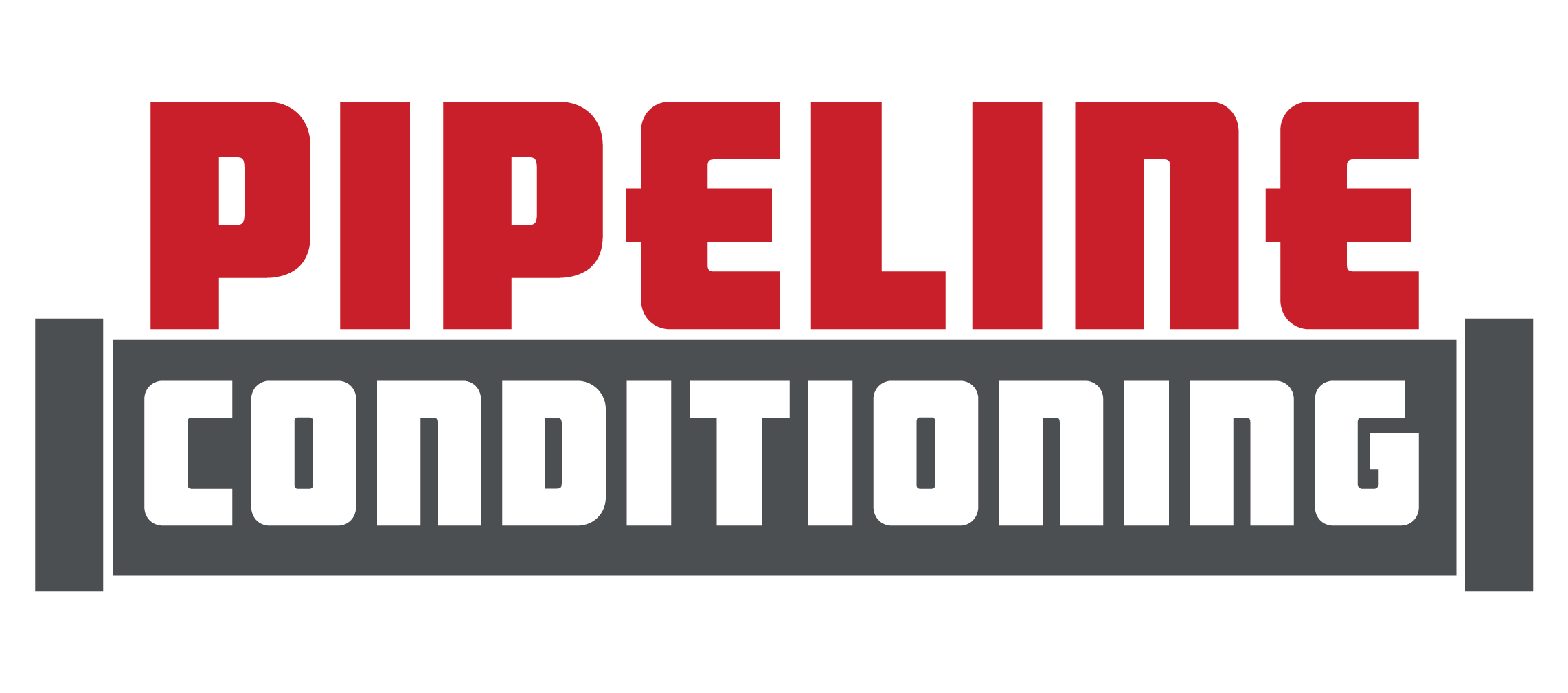What is Combustion?
Combustion is the controlled process of burning natural gas to create a pressure differential and gas flow through the project scope. Combustors fully enclose the flame, reducing the noise and light emissions during combustion. They also minimize the emissions of volatile organic compounds (VOC) into the atmosphere.
Why is Combustion important?
Utilizing an enclosed combustion device (ECD) provides an environmentally friendly alternative to releasing natural gas into the atmosphere. An enclosed combustor provides >99% closed-cycle combustion efficiency (CCE), almost eliminating the release of VOCs into the atmosphere. ECDs are an efficient way to safely dispose of natural gas when clearing pipelines or creating artificial demand that meets or exceeds regulatory requirements for emissions.
When does Combustion occur?
Combustion operations occur when the natural gas demand through the project scope is not sufficient for effective traditional dynamic conditioning.
How does Pipeline Conditioning approach Combustion?
Pipeline Conditioning collaborates with your project team to design the safest and most efficient plan to mimize downtime. Each project is actively managed by qualified on-site field engineers to minimize risk and optimize operations.
